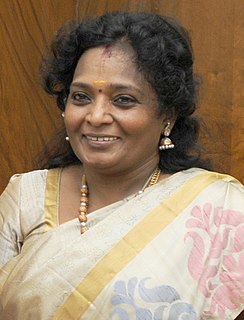A Quote by Owsley Stanley
Virtual reality might be able to give you a way of doing hands-on to construct ideas in a computer.
Related Quotes
The simulator is the stage in-between television and virtual reality, a moment, a phase. The simulator is a moment that leads to cyberspace, that is to say, to the process because of which we now have two bottles instead of one. I might not see this virtual bottle, but I can feel it. It is settled within reality. This explains why the word virtual reality is more important than the word cyberspace, which is more poetic.
At its very core, virtual reality is about being freed from the limitations of actual reality. Carrying your virtual reality with you, and being able to jump into it whenever and wherever you want, qualitatively changes the experience for the better. Experiencing mobile VR is like when you first tried a decent desktop VR experience.
We have artificial intelligence, virtual reality, augmented reality, 3D-printing, robotics and nanotechnology that have changed the face of modern medicine. It is essential for Indian doctors to familiarise themselves with the latest developments to be able to control technology and not the other way around.
If you're having a very high-adrenaline, high-movement experience in virtual reality, and then all of a sudden you're back in your office, that disconnect is pretty notable. Whereas if you're using it for virtual reality teleconferencing... there's really no kind of impact moving back and forth between the real and the virtual world.
There is a construct in computer programming called 'the infinite loop' which enables a computer to do what no other physical machine can do - to operate in perpetuity without tiring. In the same way it doesn't know exhaustion, it doesn't know when it's wrong and it can keep doing the wrong thing over and over without tiring.
I was asking questions which nobody else had asked before, because nobody else had actually looked at certain structures. Therefore, as I will tell, the advent of the computer, not as a computer but as a drawing machine, was for me a major event in my life. That's why I was motivated to participate in the birth of computer graphics, because for me computer graphics was a way of extending my hand, extending it and being able to draw things which my hand by itself, and the hands of nobody else before, would not have been able to represent.
One might say the computer is being used to program the child. In my vision, the child programs the computer, and in doing so, both acquires a sense of mastery over a piece of the most modern and powerful technology and establishes an intense contact with some of the deepest ideas from science, from mathematics, and from the art of intellectual model building.
We know only what we do, what we make, what we construct; and all that we make, all that we construct, are realities. I call them images, not in Plato's sense (namely that they are only reflections of reality), but I hold that these images are the reality itself and that there is no reality beyond this reality except when in our creative process we change the images: then we have created new realities.



































